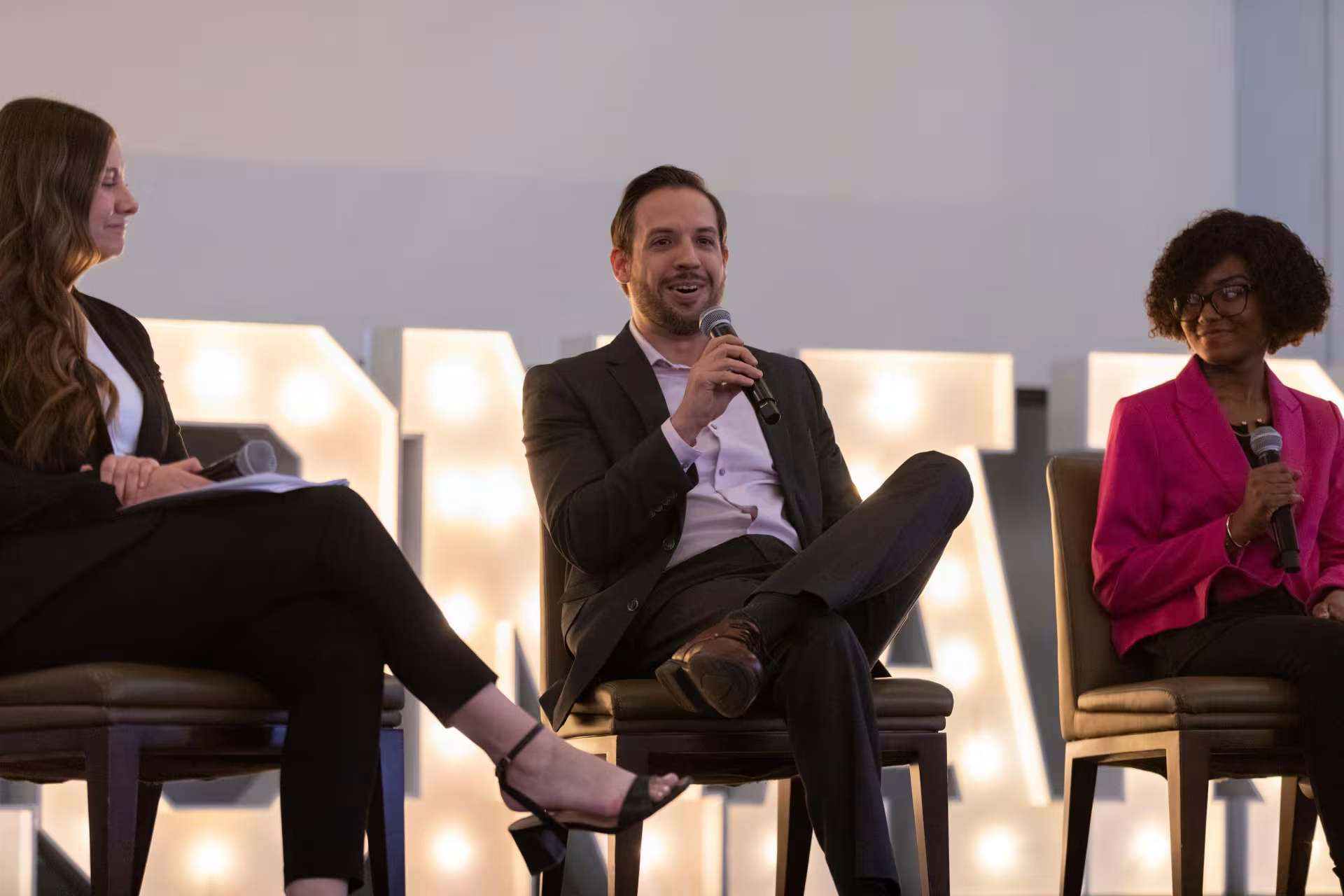Conducting research is arguably the most crucial component of any doctoral program. Core content, research courses and emphasis courses are carefully crafted to prepare learners for intensive research. It is the task of learners to justify their place as doctors of their industries by creating a comprehensive dissertation.
Learners at Grand Canyon University are encouraged to visit the GCU Center for Innovation in Research and Teaching (CIRT), which provides many resources to help learners in their journey. Continue reading to learn about the value, evaluation and method of research.
Why Is Research Important?
Research has immense value to you as a learner, to Grand Canyon University and to other academic institutions. Impactful research is integral to the significance of earning a doctorate degree, where learners set out to become innovators.
The dissertation process begins early in each program, which ensures gradual development throughout the entire program. Good research brings prestige to both the university and learners while contributing to the overall body of knowledge developed and published with other institutions.
Who Decides What Makes Good Research?
The importance of research is evident in the many resources and requirements learners must navigate at Grand Canyon University. Research grants are an important part of the effort to help learners make the most of their research, but strict qualifications apply.
The GCU Institutional Review Board (IRB) moderates every step of the process. IRBs review and approve research after learners complete research ethics training. IRBs must follow certain guidelines like the Belmont Report, but many implement their own university-established standards to screen for high-quality research.
Many universities publish their own academic journals to ensure high-quality content; CIRT operates the Journal of Instructional Research and the Canyon Journal of Interdisciplinary Studies.
How to Research Effectively
Effective research requires planning, routine and familiarity with resources. An ordered academic life helps produce a vibrant dissertation.
Methodology
The amount of time you dedicate to maintaining a system for research is time saved puzzling over ambiguous notes or inconsequential content in an article. It is crucial for learners to have a system for note taking and to employ reading strategies.
Create a key of symbols and colors to help make sense of different markings (i.e. green highlighting: define term or phrase at the bottom of the page). When dealing with a regular intake of complex material, read with purpose. Summarize articles and skim for relevant paragraph. Learners can usually scan for a text’s relevant content in the abstract, introduction and the first sentence of every paragraph.
Writing
Doctoral programs are writing-intensive, which enables learners to re-evaluate the quality of their research and the depth of their understanding. Rereading material and observing the development of the dissertation over time. As the material is developed, it will need to be revisited, and reorganized.
It is recommended that learners hire an editor to refine their material and develop their own mastery over their writing. Institutions generally do not recommend specific firms due to the deeply personal process of selecting an editor.
Have you considered investing in your future through one of the many programs offered by the College of Doctoral Studies at Grand Canyon University? Explore programs like the EdD in Organizational Leadership with an Emphasis in Organizational Development by visiting our website or clicking the Request More Information Button at the top of this page.
Written by Samuel Sprague, a public policy major at Grand Canyon University.






